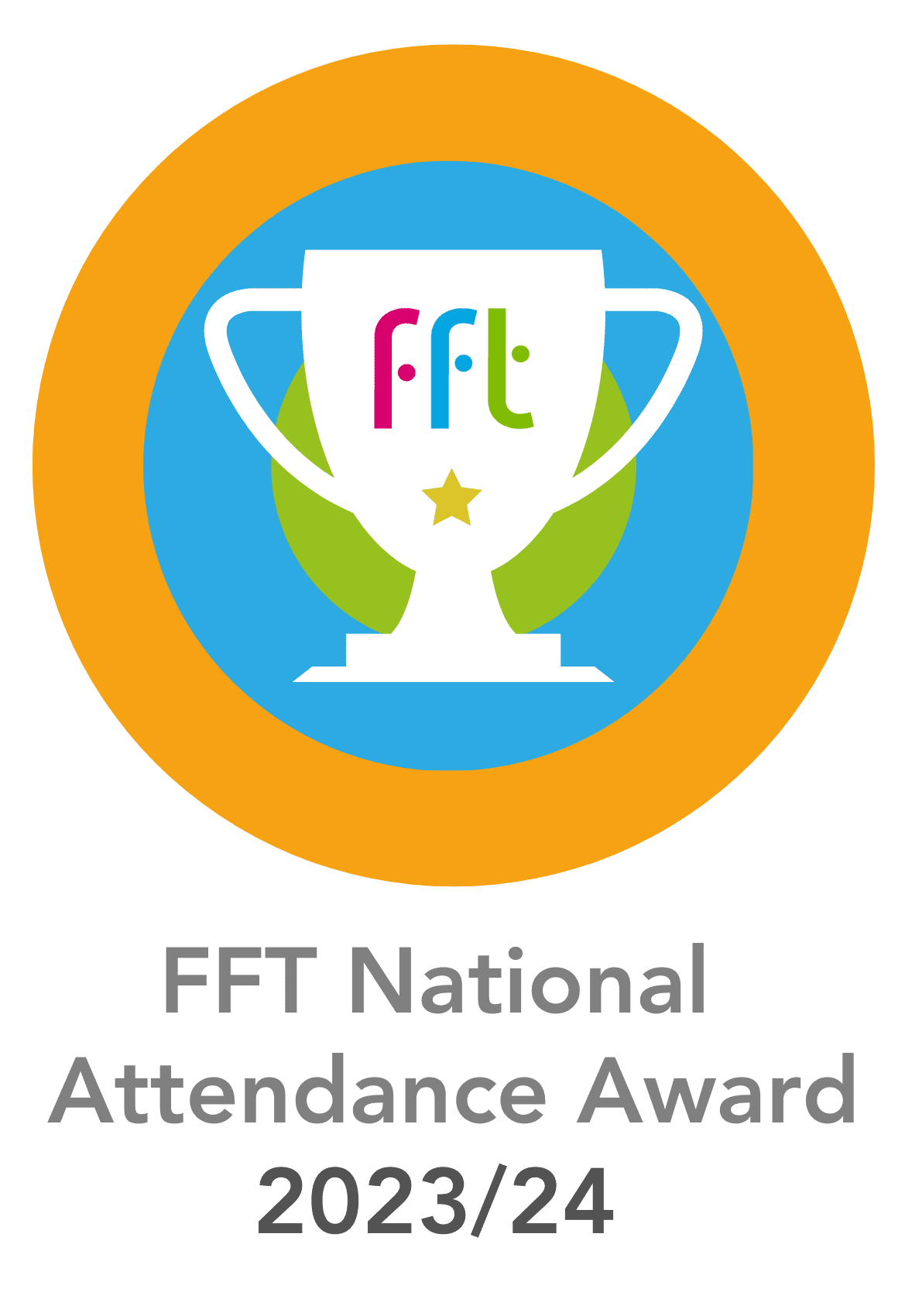SEND
At The Becket School we strongly recognise and celebrate the individuality and diversity of our students. We are committed to working together with all members of our school community and external agencies to ensure our students have the highest quality of education and support. Every student has an entitlement to a broad, balanced, relevant and accessible curriculum that allows them the opportunity to learn and thrive. We are committed to giving all students every opportunity to achieve the highest standards and help them become more independent and prepared for adulthood.
The Becket School is a Catholic mainstream school with faith at the centre of everything we do. We are proud of our embedded inclusive ethos with high expectations allowing everyone the opportunity to achieve their full potential. We recognise that the quality of teaching within each subject area has the greatest influence over student’s progress. We therefore invest in training, resources and monitoring to ensure our school is an inclusive place for all children to progress.
The SENCO at The Becket School can be contacted through email in the first instance. Useful links and information- The SEND Local Offer aims to bring together helpful and useful information for children and young people with special educational needs and disabilities (SEND) and their families. It is a comprehensive guide to services and support all in one place.
Admission Arrangements and Support for Pupils with Disabilities
At The Becket School, we are committed to providing an inclusive and welcoming environment for all students, including those with disabilities. Our admission arrangements ensure that pupils with disabilities are not treated less favourably than others and have equal access to our curriculum, facilities, and opportunities. We follow local authority guidance on Education, Health and Care (EHC) plan consultations and admissions to ensure a clear, fair, and supportive process for families. Steps we take include implementing reasonable adjustments, providing specialist resources, and ensuring staff are trained to deliver high-quality support. Our ethos is to celebrate diversity and empower every student to thrive in a supportive and inclusive community. Please see our admissions policy for more detail.
Please find below key documents
- OLoL SEND Policy
- Special Educational Needs Report questions for Nottinghamshire 2024
- The Becket School SEND Report
- Accessibility Plan
Please also watch this video to find out more.







